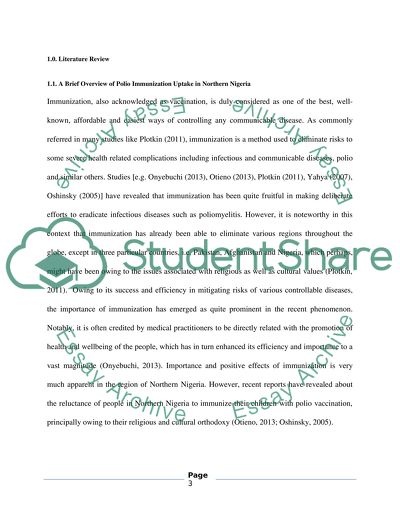Cite this document
(“How religios and cultural values influence polio immunization uptake Literature review”, n.d.)
How religios and cultural values influence polio immunization uptake Literature review. Retrieved from https://studentshare.org/health-sciences-medicine/1652446-how-religios-and-cultural-values-influence-polio-immunization-uptake-in-northern-nigeria
How religios and cultural values influence polio immunization uptake Literature review. Retrieved from https://studentshare.org/health-sciences-medicine/1652446-how-religios-and-cultural-values-influence-polio-immunization-uptake-in-northern-nigeria
(How Religios and Cultural Values Influence Polio Immunization Uptake Literature Review)
How Religios and Cultural Values Influence Polio Immunization Uptake Literature Review. https://studentshare.org/health-sciences-medicine/1652446-how-religios-and-cultural-values-influence-polio-immunization-uptake-in-northern-nigeria.
How Religios and Cultural Values Influence Polio Immunization Uptake Literature Review. https://studentshare.org/health-sciences-medicine/1652446-how-religios-and-cultural-values-influence-polio-immunization-uptake-in-northern-nigeria.
“How Religios and Cultural Values Influence Polio Immunization Uptake Literature Review”, n.d. https://studentshare.org/health-sciences-medicine/1652446-how-religios-and-cultural-values-influence-polio-immunization-uptake-in-northern-nigeria.


